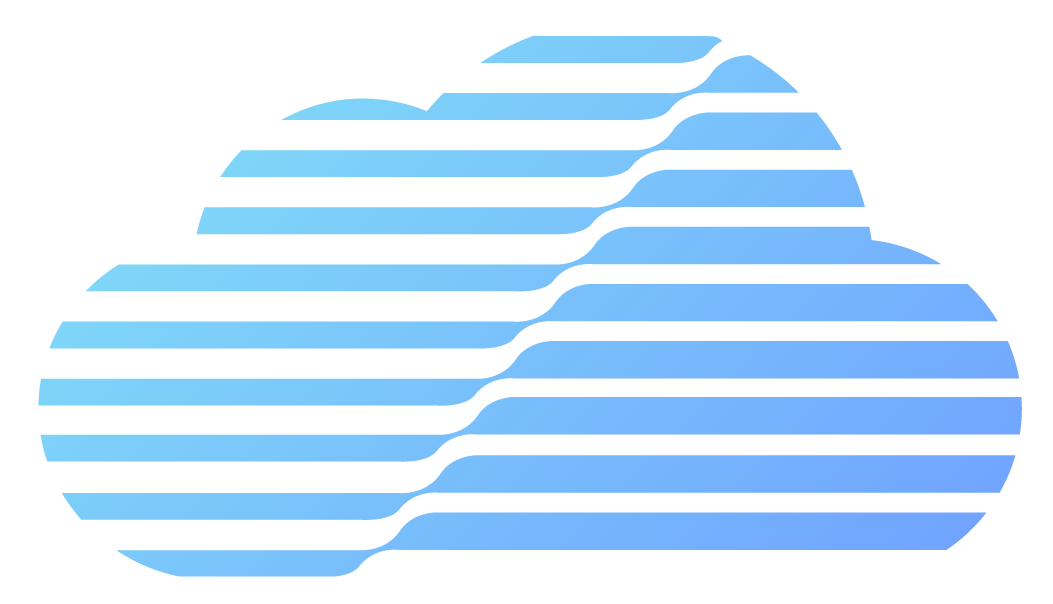How Cybersecurity Directly Impacts Customer Retention
In today’s hyper-connected world, customer experience is not just shaped by product quality, pricing, or brand identity. Increasingly, it is defined by trust. And in the digital economy, trust is synonymous with security.
Organisations often view cybersecurity as a compliance requirement or an IT overhead. Yet, the reality is far more strategic: security directly influences customer retention. When data breaches dominate headlines and downtime disrupts services, customers are quick to switch to competitors who can offer them safety and assurance.
Security as the Foundation of Trust
Customers entrust companies with their most sensitive data, from financial details to personal records. The moment that trust is broken, the relationship becomes fragile.
- Studies show that 85% of consumers will not do business with a company if they are concerned about its security practices.
- A 2023 Global Cost of a Data Breach Report shows that 51% of organizations increased their security investments after a breach, often in areas like incident response, employee training, and threat detection, underscoring how vital trust and resilience are to business survival.
This connection is not intangible. It translates into measurable loyalty, repeat purchases, and advocacy. Security, therefore, is not just a technical perimeter, it is the cornerstone of brand equity.
The Cost of Losing Customers to Poor Security
When a breach occurs, the consequences go beyond regulatory fines or short-term operational costs. The hidden expense lies in customer churn.
- Downtime drives frustration. Every minute of service disruption can cost big in lost revenue and damage customer confidence.
- Breaches damage reputation. Even if issues are resolved, the brand’s name remains tainted in the public eye.
- Trust erosion is long-lasting. Customers who feel unsafe rarely return, and acquiring replacements is far costlier than retaining existing ones.
Research consistently highlights that acquiring a new customer can cost five to seven times more than keeping one. Insecure systems are, quite simply, unsustainable for growth.
Security as a Differentiator in Customer Experience
In an age where customers have more choices than ever, businesses must recognise security as part of the customer experience.
- Seamless yet secure access: Multi-factor authentication (MFA) combined with intelligent, context-aware defence, and behavioural analysis can protect users without friction.
- Transparent communication: Companies that disclose their security measures build confidence proactively.
- Proactive defence: Leveraging AI-driven security tools, such as Axiler’s CADE (Context Aware Defence Enforcer), ensures that threats are addressed before customers even notice them.
These measures do more than protect data, they signal a company’s commitment to its customers’ well-being. That commitment is remembered long after the transaction ends.
CADE’s Proactive Protection Enables Retention Through Resilience
At Axiler, we view cybersecurity as more than protection, it is a strategy for retaining customers through trust and reliability. Our Context Aware Defence Enforcer (CADE) transforms the way businesses defend themselves by combining prediction, automation, and self-healing into one seamless process. The result is uninterrupted, secure customer experiences that build loyalty over time.
How CADE Works
- Forecasting Threats Before They Strike
CADE begins by analysing logs and identifying potential risks before they escalate. By anticipating vulnerabilities, businesses can prevent disruption in advance, giving customers the confidence that services will remain stable and secure. - Instant, Autonomous Attack Blocking
When familiar threats surface, CADE neutralises them immediately. This ensures that customers are never exposed to the everyday cyber risks that compromise weaker systems. Consistency builds trust, and trust builds retention. - Simulating and Learning from New Attacks
For brand-new, never-seen-before threats (zero-day attacks), CADE runs safe simulations to understand their behaviour in real-time. Its multi-layer, AI-powered defence learns on the fly, blocking threats without manual intervention. - Generating Rules and Cutting Noise
AI-driven rule generation creates new protections in real-time, while validating anomalies to avoid false positives. This precision means customers enjoy smooth, uninterrupted digital journeys without being inconvenienced by false alarms or unnecessary blocks. - Self-Healing for Continuous Operations
When vulnerabilities are found, CADE automatically deploys fixes and patches. Customers experience continuity, minimal downtime, no frustrating interruptions, and the assurance that their provider values reliability. - Filtering for Safety and Speed
Finally, CADE’s defence module ensures only clean traffic flows through to the server. For the customer, this means fast, secure access every time, a seamless digital experience that reinforces long-term loyalty.
Conclusion
Security is not just protection; it is a customer retention strategy. When customers feel safe, they stay longer, spend more, and advocate for your brand.
By investing in intelligent, proactive security systems, organisations do more than prevent breaches; they protect trust, preserve loyalty, and ensure sustainable growth.
In short, security keeps customers, and customers keep businesses alive.
